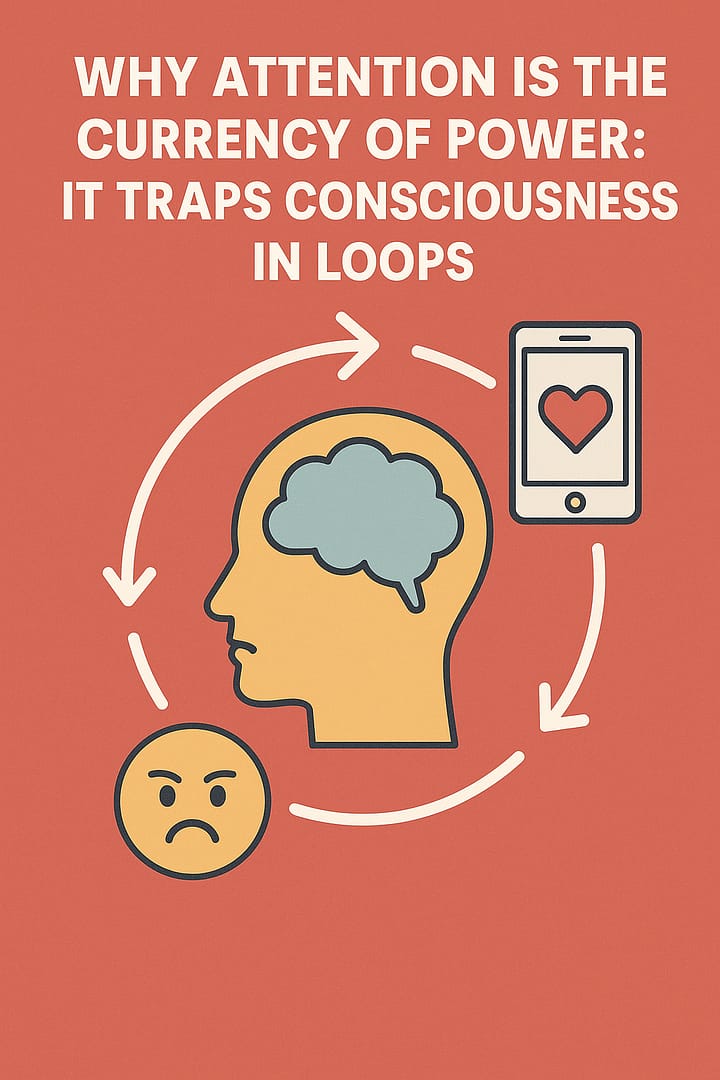The real unknown remains unknown, right?
In the realm of mathematics and science, the pursuit of the unknown is a never-ending journey. While mathematicians and scientists have made tremendous advancements in unraveling the mysteries of the universe, there will always be new questions and unexplored territories that lie beyond our current understanding.
The concept of the “real unknown” reflects the idea that there are fundamental truths and phenomena in the universe that we have yet to discover or comprehend fully. No matter how far we progress in our knowledge and technological capabilities, there will always be aspects of the universe that remain beyond our reach.
As we delve deeper into the complexities of mathematics, physics, cosmology, and other scientific disciplines, we often find that for every answer we uncover, new questions emerge. Each breakthrough opens up new frontiers of inquiry, leading to a cascade of further exploration.
This perpetual pursuit of the unknown is what drives the curiosity and passion of scientists and mathematicians. It is this insatiable thirst for knowledge and the desire to understand the universe that fuels the progress of human civilization.
The beauty of science and mathematics lies not only in the answers we find but also in the questions we ask. The unknown serves as a beacon, guiding our exploration and encouraging us to push the boundaries of our understanding.
In the grand tapestry of knowledge, the real unknown remains an ever-present and humbling reminder of the vastness and complexity of the universe. It challenges us to continue seeking answers, pushing the limits of our knowledge, and embracing the wonder and excitement of discovery.
So, let us embrace the mystery of the unknown and continue our quest for knowledge, for it is in the pursuit of the unknown that we uncover the most profound truths and revelations about the world we inhabit.
Some examples of the real unknowns that continue to intrigue and challenge scientists and mathematicians
Dark Matter and Dark Energy
In cosmology, the majority of the universe is composed of mysterious substances known as dark matter and dark energy. While we can detect their gravitational effects, their true nature remains unknown. Unraveling the properties of dark matter and dark energy is one of the most significant challenges in modern astrophysics.
The Nature of Consciousness
In the realm of neuroscience and philosophy, the nature of consciousness remains an enigma. Scientists are still grappling with questions about how consciousness arises from the activity of neurons in the brain, and what it truly means to be self-aware.
The Riemann Hypothesis
As mentioned earlier, the Riemann Hypothesis is a famous unsolved problem in mathematics. It involves the distribution of the nontrivial zeros of the Riemann zeta function. Despite extensive research and efforts, mathematicians have not yet proven or disproven this hypothesis.
The Origin of Life
In biology, the origin of life on Earth remains a profound mystery. While scientists have proposed various hypotheses, the exact processes that led to the emergence of living organisms from non-living matter are still not fully understood.
The Theory of Everything
In physics, the quest for a “Theory of Everything” continues. This theoretical framework aims to unify all known forces in the universe, including gravity and the three fundamental forces described by the Standard Model. While significant progress has been made, a complete and comprehensive theory that reconciles all aspects of the universe remains elusive.
Quantum Gravity
Another challenge in physics is the unification of quantum mechanics and general relativity, known as quantum gravity. This endeavor seeks to understand the fundamental nature of space-time at the smallest scales, where the effects of both quantum mechanics and gravity are significant.
The P vs. NP Problem
In computer science, the P vs. NP problem is a fundamental question about computational complexity. It asks whether every problem whose solution can be verified quickly (in polynomial time) can also be solved quickly (in polynomial time). As of now, it remains one of the seven “Millennium Prize Problems” with a one-million-dollar prize for its solution.
These are just a few examples of the many real unknowns that challenge scientists, mathematicians, and researchers across different disciplines. The pursuit of these mysteries continues to drive human curiosity and innovation, leading to groundbreaking discoveries that shape our understanding of the universe. As we explore these unknowns, we unlock the potential for future breakthroughs that may reshape our knowledge and perception of the world.

Thank you for questions, shares and comments!
Share your thoughts or questions in the comments below!
Source OpenAI’s GPT language models, Fleeky, MIB, & Picsart






